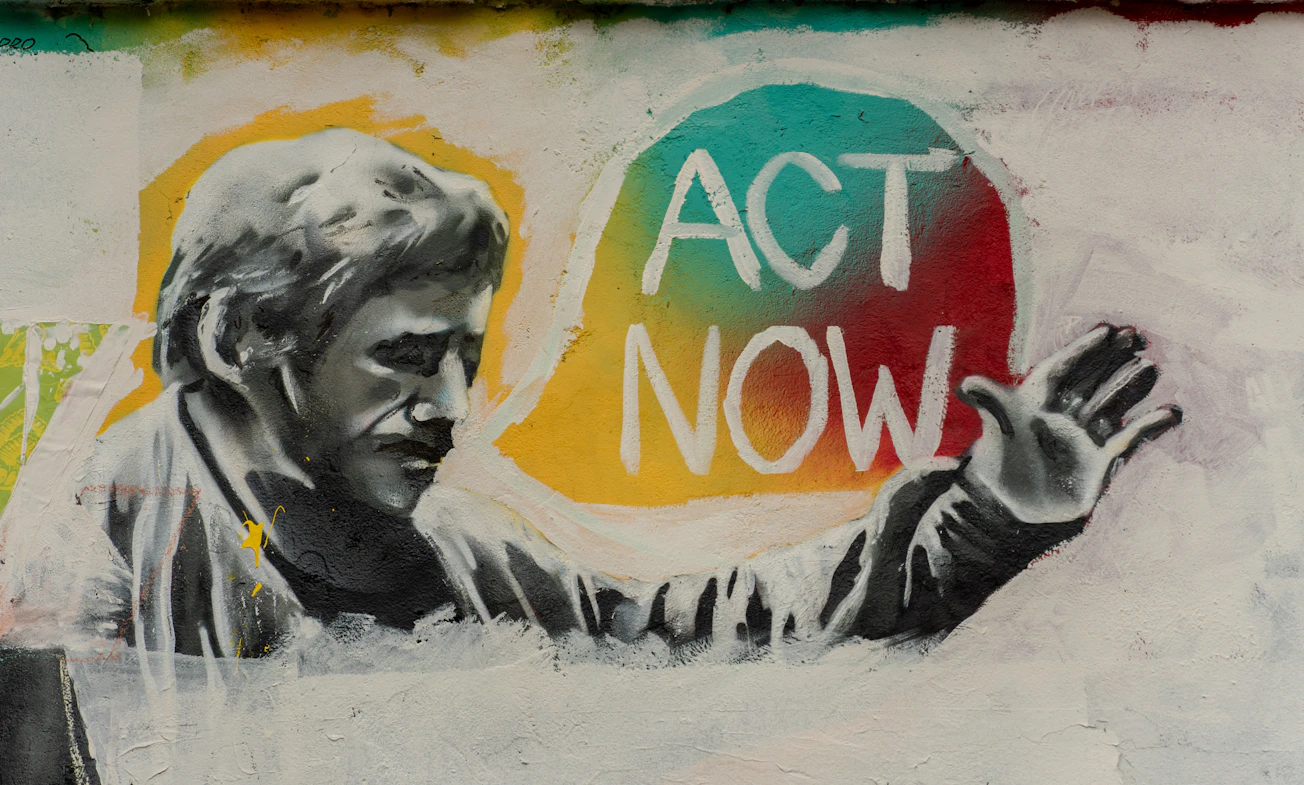Recently, I have noticed more often that the lead story on the evening news has shifted from political events to the weather. Huge floods in New England, unquenchable forest fires in Canada, “heat domes” in the southern states, and unusually hot temperature over 100 degrees Fahrenheit even in some northern ones.
And the words “climate change,” once avoided by meteorologists, are now used to explain these strange new climate patterns. It is a big change when something as ordinary as a weather report can replace the latest investigation of Donald Trump, the latest statement by Joe Biden, or the state of the American economy.
I am beginning to wonder if there is anything more important to us than the climate crisis. We are told, of course, that these newly severe floods, fires, and extra-nasty storms, tornados, and hurricanes are “the new normal” as if that should make us less concerned. Are these massive disruptions of our lives and our environment just something we have to live with? Is that what “new normal” means?
Before we say yes, we should hear what Friederike Otto, a climate scientist at Imperial College London, has said: “This is not the new normal. We don’t know what the new normal is. The new normal will be what it is once we do stop burning fossil fuels ... and we are nowhere near doing that.”
And Otto is correct. Despite the constant and disturbing TV and newspaper accounts of fires, floods, and other extreme weather events, those of us not directly affected by these disasters remain more concerned about other things.
We focus on how much we like or dislike Joe Biden or Donald Trump. We worry about inflation and the cost of groceries and fuel. We sit through TV commercials warning us about psoriasis, inviting us on river cruises in Europe, and promoting pills to improve our memory. We cross our fingers and hope that no one we know will be flooded, burned, or have their home destroyed. And life goes on.
Meanwhile, we were only momentarily startled to hear that, during the most recent July “heat dome,” temperatures exceeded 100 degrees Fahrenheit in southern California, almost all of Texas, all of Mississippi and Louisiana, and parts of Georgia, South Carolina, and even Tennessee. During this time 500 wildfires were burning in Canada, and some in Siberia.
Thank God, we say, that we in the mid-South were only discomforted by high humidity and temperatures mainly in the 90-degree range during those uncomfortable days.
Maybe it is time for us to take a hard look at the “new normal” rhetoric we use to describe where we are. Scientists use that phrase, I suspect, as a way to frighten us into taking climate change more seriously and stop using fossil fuels. But that doesn’t seem to be working, does it? After all, if something is normal, we are supposed to accept it, get used to it, deal with it.
Let us take a second look at what Dr. Otto is saying. We are at the front end of a process of warming whose full and final effect may not be clear for decades or even centuries. Only when the process is complete will we know what is normal, and by that time it may be too late to live with that “new” normal.
Indeed, we may not be around to even have the opportunity to adapt. After global warming has eliminated the many species we depend upon for our survival, and made it difficult, if not impossible, for us to grow food on large parts of our planet, the human race may be so diminished in numbers that it will not survive. At that point we will not be worrying about inflation and supply chains.
Remember this comment of a Cree Indian leader: “When the last tree is cut down, the last fish eaten, and the last stream poisoned, you will realize that you can’t eat money.”
It is not yet too late for us to slow down the deadly process of climate change, but it is later than we think.
--30--








